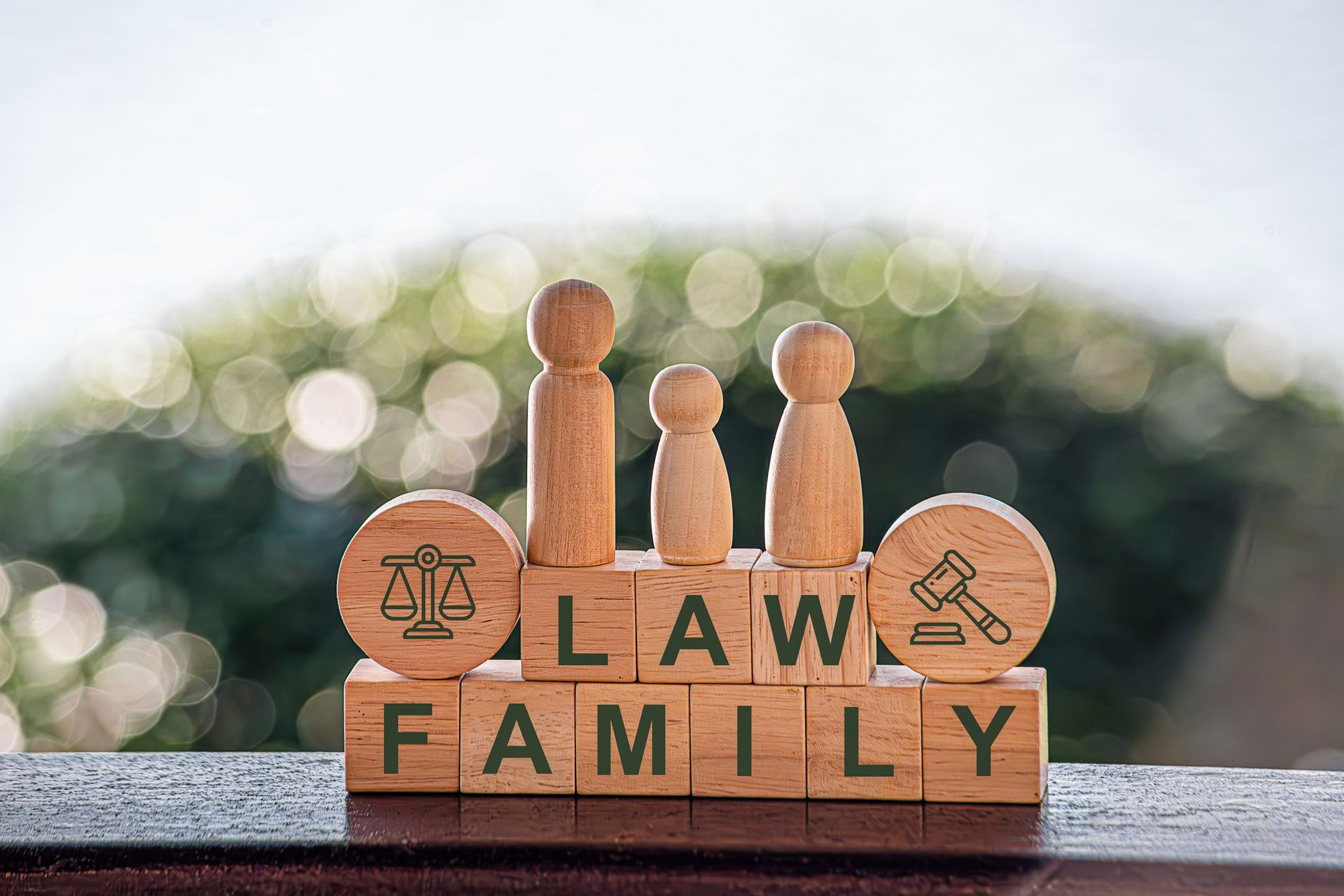7 Factors That Can Affect Child Custody Decisions

Child custody cases can be brutal, especially when each parent believes they are fighting for the child's best interests. Ultimately, the court has to decide who will have custody of the child and give visitation directions. The courts consider the following factors when determining child custody cases.
1. Wishes of the Parents
The court typically starts by considering the wishes of each parent. This is true when the parents agree on the terms of custody. For example, the parents can decide to share custody beforehand, and the court will only have to approve that agreement. The court can still overrule the amicable arrangement if it considers the terms inappropriate and not in the best interest of the child.
If both parents want full custody, the courts will have to consider other factors.
2. Child's Preference
If the parents are divorcing or have a legal separation arrangement, the child may have an opinion about who they want to live with. The court might consider the child's opinions, especially if the child is older and more mature.
Nevertheless, courts know that children are prone to parental manipulation and alienation. For instance, one parent may promise the child many things as long as they live with them. Another parent can spread lies about the other parent so as to scare the child into staying with the lying parent.
3. Emotional Ties Between Parents and Child
A parent with deeper emotional ties with a child is may win custody. The parent will have better knowledge of the child's interests and likes. For example, the parent is the one who usually prepares or buys the child's favorite meal. Also, the parent will know the child's favorite books, stories, TV programs, or games.
The court will also consider the emotional toll of the divorce or separation on the child. The parent who can help the child heal quickly and become closer to both parents will have a better chance of winning the case. The court will ask the child to describe their relationship with both parents to determine the emotional ties between the parents and the child.
4. Mental and Physical Health of Parents
Some mental and physical conditions can interfere with a parent's ability to care for their child. The conditions might be anger management issues or alcoholism and drug abuse. Disability and chronic illness can also make it difficult for you to take care of your child. If the court thinks that your physical and mental well-being is worse than that of the other parent, you are less likely to win custody.
5. Neglect or Abuse
The court seriously considers any allegations of neglect and abuse. If the evidence confirms neglect or abuse from one parent, the judge will limit that parent's access to the child and may even deny any form of visitation. If you think your ex-spouse neglected or abused the child, share that information with your lawyer so that they can advise you on the way forward.
6. Parent's Financial Situation
Providing for a child requires sufficient financial stability. The parent who earns more money and lives in a clean and safe neighborhood has better living arrangements for the child. In particular, the court will consider your job security and career prospects. Even your savings might play a part in the custody decision.
7. Other People in the Home
The child may have developed bonds with other people living in the home. Since the court wants to preserve these bonds, the parent living with the other people may win custody. However, others in the home can also harm your chances of getting custody if those people have a criminal record or history of substance abuse.
Judges use many factors to determine the outcome of a child custody case. If you want to increase your chances of winning the case, work with Knollmeyer Law Office. Our legal firm deals with child custody, adoption, guardianship, divorce, and bankruptcy cases. Contact us now for more information.













